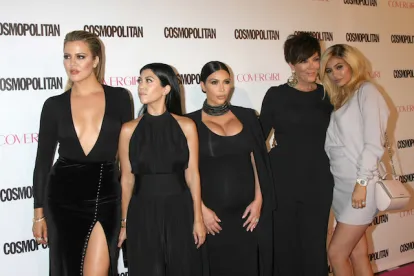Khloe Kardashian is the latest Kardashian sister to find herself in court over her activities on social media. The youngest Kardashian sister was sued by a photographer for copyright infringement in Xposure Photos UK Ltd v Khloe Kardashian et al, 2:17-CV-3088 (C.D. Cal). Xposure alleges that Ms. Kardashian posted a photo it owned on her Instagram without permission and removing the copyright attribution notice. For brands, celebrities, influencers, and others who use social media, particularly to make money or for promotion, this serves as a good reminder that all rights in any photographs, videos, and other content they post on social media must be cleared.
Many people assume based on the community nature of social media that they can post anything and are less careful than they would be on a website or other media. It’s just for fun and interest, right? But as the Xposure complaint points out, social media is commercial use and can reach extensive audiences. The complaint alleges that “Kardashian’s Instagram post made the Photograph immediately available to her nearly 67 million followers and others, consumers of entertainment news—and especially news and images of Kardashian herself, as evidenced by their status as followers of Kardashian—who would otherwise be interested in viewing licensed versions of the Photograph in the magazines and newspapers that are plaintiff’s customers.”
There are several layers of rights in any creative work, such as a photograph—including a selfie. The creator, artist, or photographer has rights in the image or work itself under copyright law. Any people appearing in the work have rights to their image under privacy laws. This is true even (or especially) for public figures and for the deceased. There could be protected trademarks appearing in the background or on clothing. In order to post a photograph or video that includes any of these rights, a license or waiver must be granted.
With the breadth and depth of content posted and the huge audience on social media, the rules that apply to content in other media apply just as much, if not more. Brands and their legal departments should work with their marketing and communications teams to develop a social media policy that governs the rules of the road on social media and avoids these common pitfalls. And always remember:
-
Clear all publicity rights
-
Clear all copyrights and trademarks and do not remove any copyright or trademark notices
-
Clear and substantiate all advertising claims
-
Post clear and conspicuous disclosures, including for endorsements



 />i
/>i

